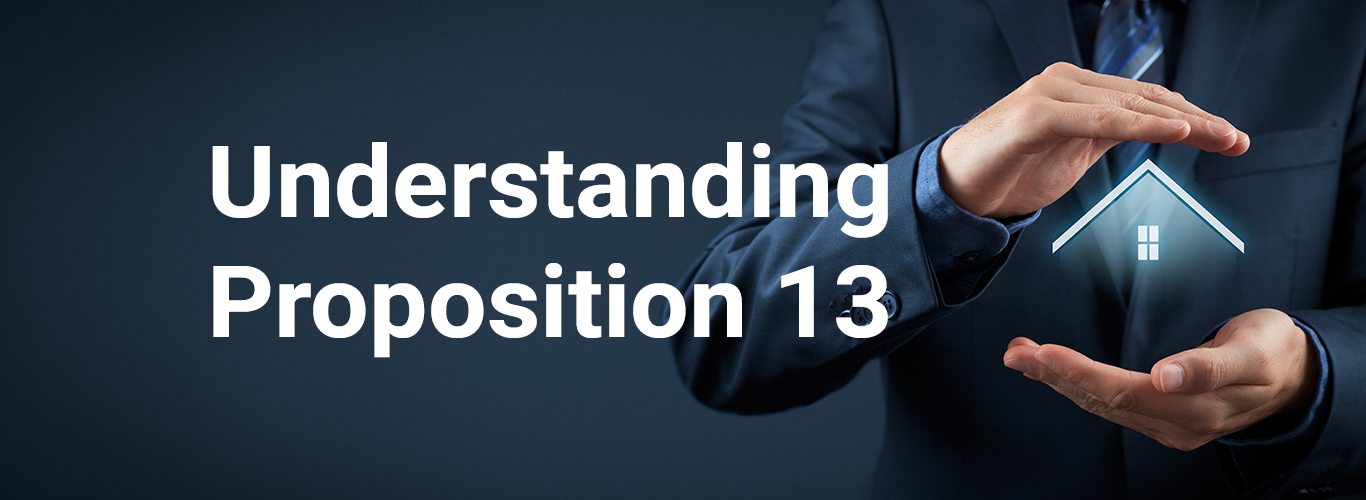Typical misfortunes or calamities which may qualify for reduced assessment include fire, flood or earthquake damage. Damage to personal property, such as household furnishings, or to growing crops is not eligible since it is not assessed for property tax purposes. Other personal property such as boats and airplanes that are assessed do qualify.
Requirements:
- $10,000 or more in property damage
- Not the fault of the property owner or the party responsible for the taxes eligible
- Within twelve months of the date of the disaster, the assessee or party responsible for the taxes must submit an application for reduced assessment
This program requires reassessment of the property to reflect its damaged condition, and the subsequent reduction or partial refund of the current year's taxes. After the property is fully repaired, owners will retain their previous base year value if the property is rebuilt in a like or similar manner. Property suffering a gradual deterioration over a long period of time does not qualify.
Note: Special provisions apply if the calamity is subsequently proclaimed a state of disaster by the Governor. These provisions allow the purchase of replacement property in Santa Clara County within five years of the disaster and the transfer of the base year value of the damaged property to the replacement property even if the disaster occurred in another county in California. There are numerous requirements that must be met in order to transfer the base year value of a property damaged in a Governor declared state of disaster to a replacement property
Please be advised that on November 3, 2020 voters approved Proposition 19 (Home Protection for Seniors, Severely Disabled, Families and Victims of Wildfire or Natural Disasters Act), which makes sweeping changes to a property owner’s ability to transfer their Proposition 13 Assessed Value. It also may change the process for claiming exclusions.
Proposition 19 also supplements existing transfer provisions exclusively for victims of wildfire or disaster. Upon implementation taxpayers will have to determine and apply for those provisions which are most advantageous for their circumstances.
The most current information about implementation of Proposition 19 is available at Proposition 19
Contact the Assessor’s Office if you are considering such a transfer to ensure a complete understanding of the requirements and options.
Related Attachments
Frequently Asked Questions
Property Tax Bill Deferral
If your property has been substantially damaged or destroyed in a governor-declared disaster, you may qualify to have the installment of your property taxes immediately following the disaster deferred by filing a Property Tax Installment Deferral Claim.(R&T 194 -194.5)
If you file a property tax installment deferral claim with the county assessor, and it is approved before the next property tax installment payment date, that payment will be postponed without penalty or interest until the county assessor has reassessed the property, and you receive a corrected tax bill.
- What qualifies a property for deferral of a property tax installment payment?
There are several qualifiers:
- The Governor must have declared a state of emergency or disaster area in the county.
- All applicants for property tax installment deferral must also have filed a Calamity Claim for reduction.
- Property tax installment deferral is available only for secured roll tax payments.
- The taxes must be paid directly by the owner. If the taxes are paid through an impound account, the property does NOT qualify.
- You must file both a property tax installment deferral claim and a calamity claim before the next payment on the current tax year is due or you will not qualify. For example, if the disaster occurs in January, you must apply for deferral before April 10th to qualify for a property tax deferral.
- To qualify for property tax installment deferral, property receiving or that is eligible for the homeowner’s or disabled veteran’s exemption as of the most recent lien date, must suffer damage of at least 10% of its fair market value or $10,000, whichever is less.
- Properties without a homeowner's exemption must suffer damage of at least 20% of fair market value (not assessed value). Examples are commercial or rental properties.
- If I qualify for a property tax installment deferral when will my taxes be reduced?
A property tax installment deferral does not reduce taxes. It allows time to pay without penalty. Any refunds for calamity damage adjustments cannot be issued until the original main roll bill is paid in full.
- If I qualify, how long are my taxes deferred?
The next payment on the current roll is deferred until 30 days after you receive a corrected tax bill or refund.
Related Attachments
Be prepared in the event of a local disaster: sign up here to receive emergency warnings on your mobile device, e-mail, or landline. It's free and confidential.



